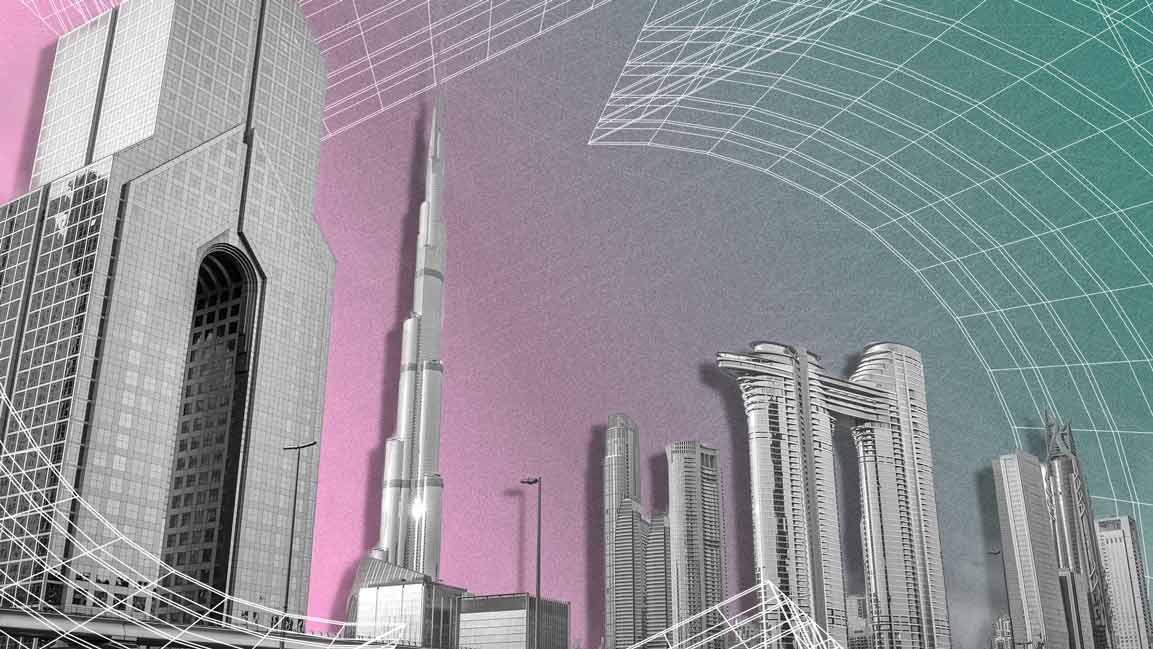
In August, Dubai’s businesses experienced another successful month in terms of securing orders. However, there were indications that the overall growth rate in the private sector was moderating from the highs witnessed in the first half of the year. Despite this, businesses showed no signs of deceleration in their recruitment efforts. In fact, new job activity in August surged to match the fastest rate since November 2015.
This uptick in business activity and hiring bolstered the confidence of business owners. David Owen, Senior Economist at S&P Global Market Intelligence, remarked, “While the expansion in business activity appears to have reached its peak, it is still running well above trend, boosted by strong new order inflows and robust economic conditions.” He further added that the confidence in the 12-month outlook was surpassing the trend observed over the past decade.
Several sectors, especially technology and digital financial services, were particularly active in their hiring endeavors. The slight dip in the growth of new contracts during the summer could be attributed to the seasonal ‘recess’, with many businesses postponing major project announcements until September, traditionally a busier month. Nevertheless, sectors like construction and travel/hospitality remained active during July and August.
In the retail sector, August witnessed a flurry of promotions. However, other sectors showed restraint in offering selling price discounts, the slowest since the previous November. This was primarily because many businesses chose to transfer the burden of rising input costs to their customers. Such a trend might become more prevalent in the upcoming months as companies aim to protect their profit margins.
The Purchasing Managers Index (PMI) for Dubai’s private sector was recorded at 55 in August, a slight decrease from 55.7 in July. PMI is a crucial indicator of business activity, reflecting new capital expenditure plans, pricing strategies, contracts secured, and hiring trends. A score above 50 indicates expansion. Owen emphasized that the PMI reading of 55 indicates a “sharp improvement in operating conditions” even though it’s the lowest since February.
Implications for the Real Estate Market
The thriving business environment and the influx of professionals to Dubai have significant implications for the real estate market. The increase in the city’s population, coupled with the arrival of many professionals seeking to embark on new career journeys in Dubai, translates to a surge in potential consumers. This new demographic brings with it a fresh demand in the UAE’s real estate market. Whether they are single professionals or families, they will be on the lookout for accommodation, leading to an increased demand for both rented and owned properties.
Given this scenario, it’s anticipated that the demand for real estate will rise, leading to a potential increase in rental rates and property prices in the near future. As Dubai continues to be a preferred destination for professionals globally, the real estate market is poised to benefit from this influx, further solidifying the city’s reputation as a global hub for business and lifestyle.
As the writer of this article, I believe that the current trends in Dubai’s business landscape are not just fleeting moments but indicators of a longer-term trajectory. The city has always been a magnet for global talent, and the recent surge in business activity and the influx of professionals further underscore this fact. The real estate market, in particular, stands at an interesting juncture. With the increasing demand, property developers and real estate agents should seize this opportunity to cater to the diverse needs of the new residents. From affordable housing options for young professionals to luxurious family residences, the spectrum of demand is vast. It’s an exciting time for Dubai, and I am optimistic about the ripple effects this will have on various sectors, especially real estate.

